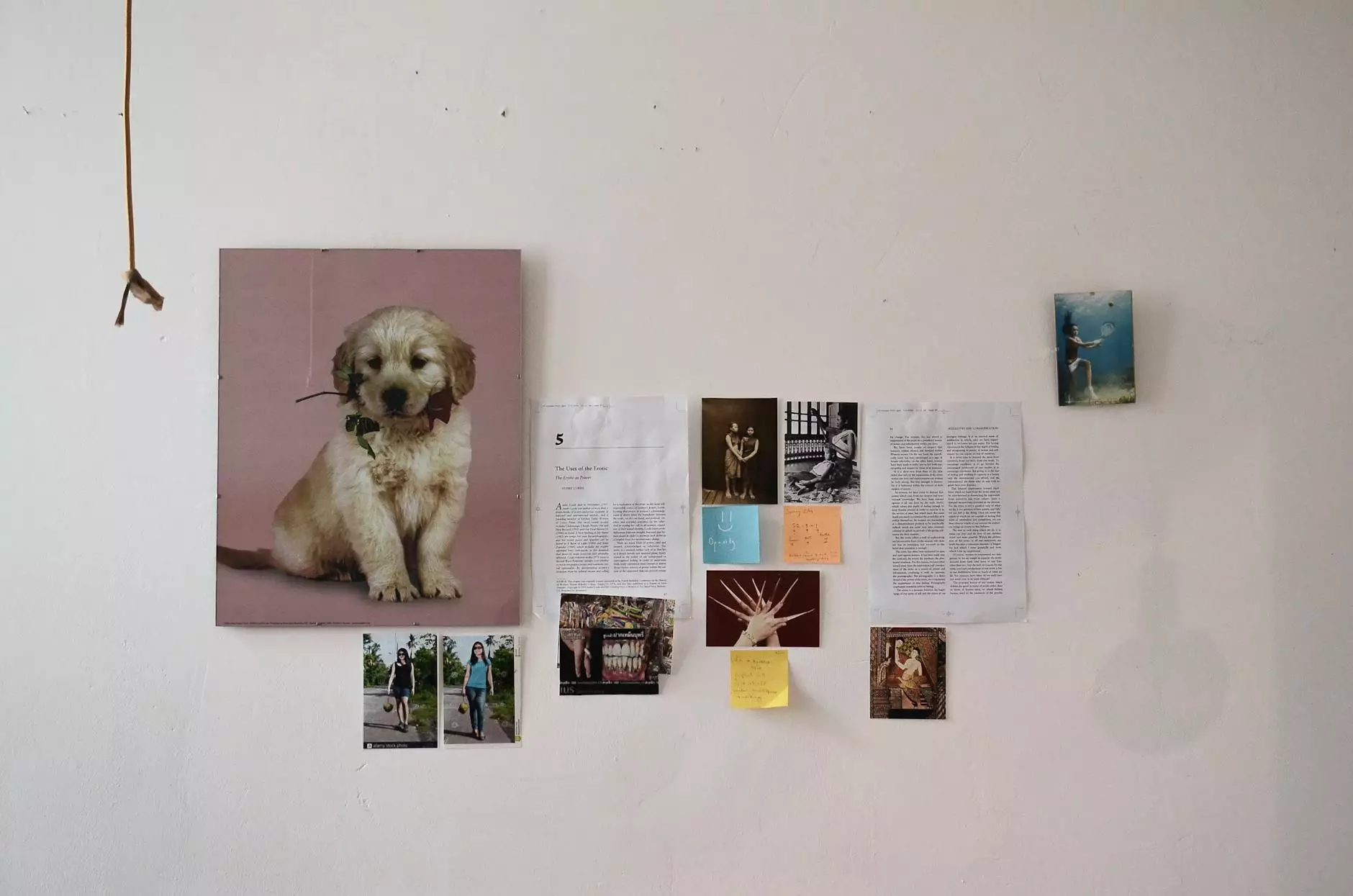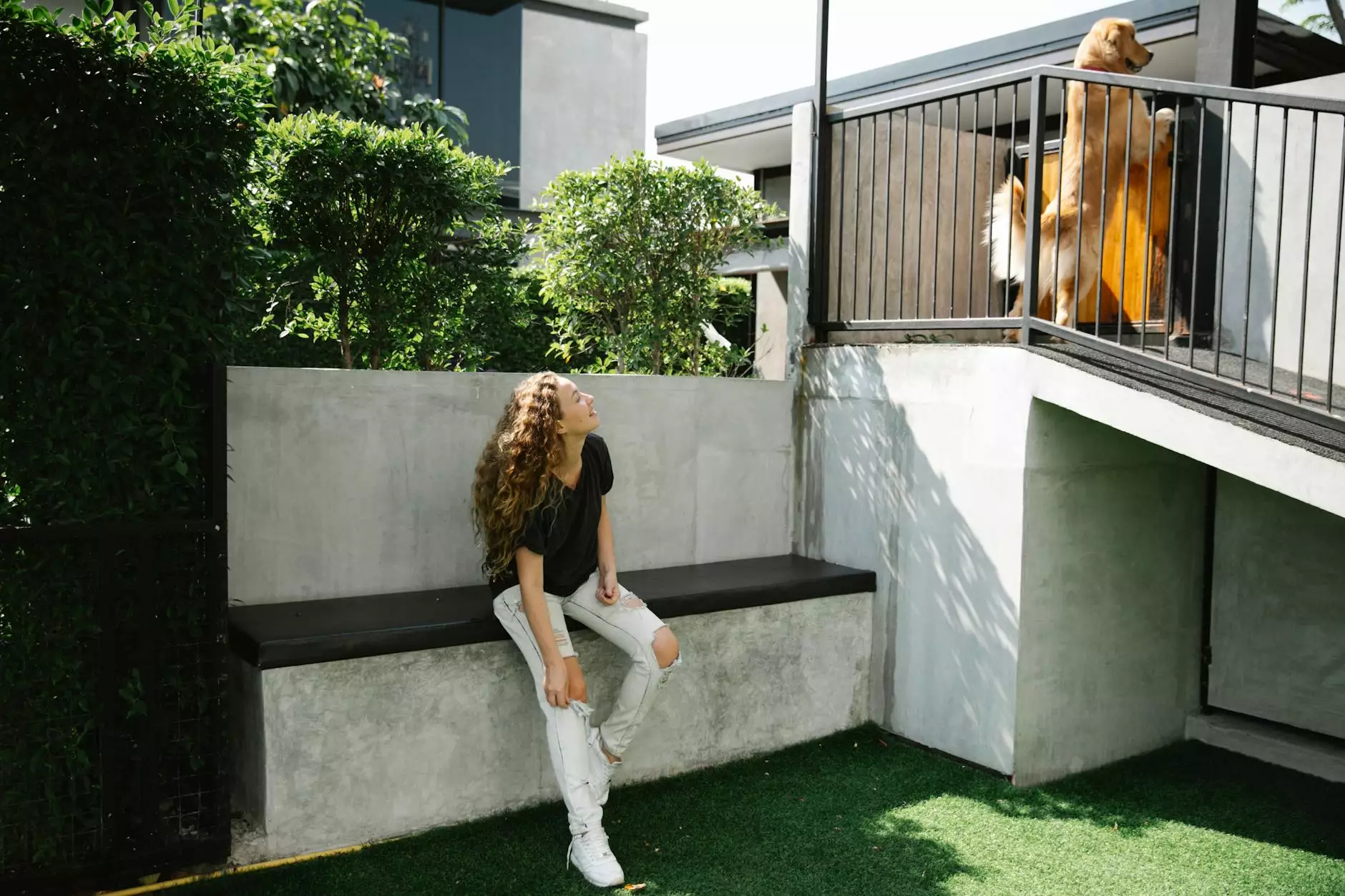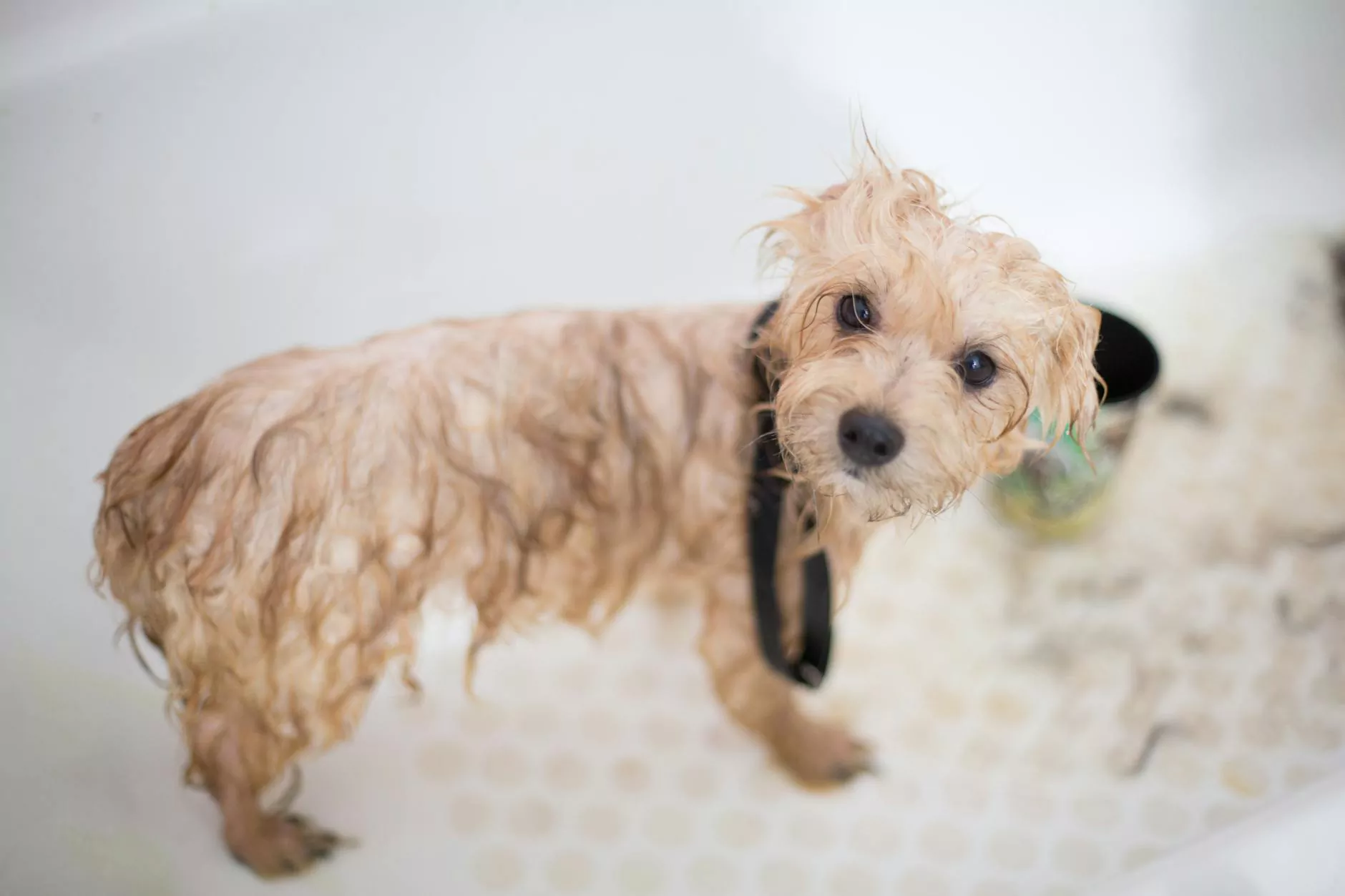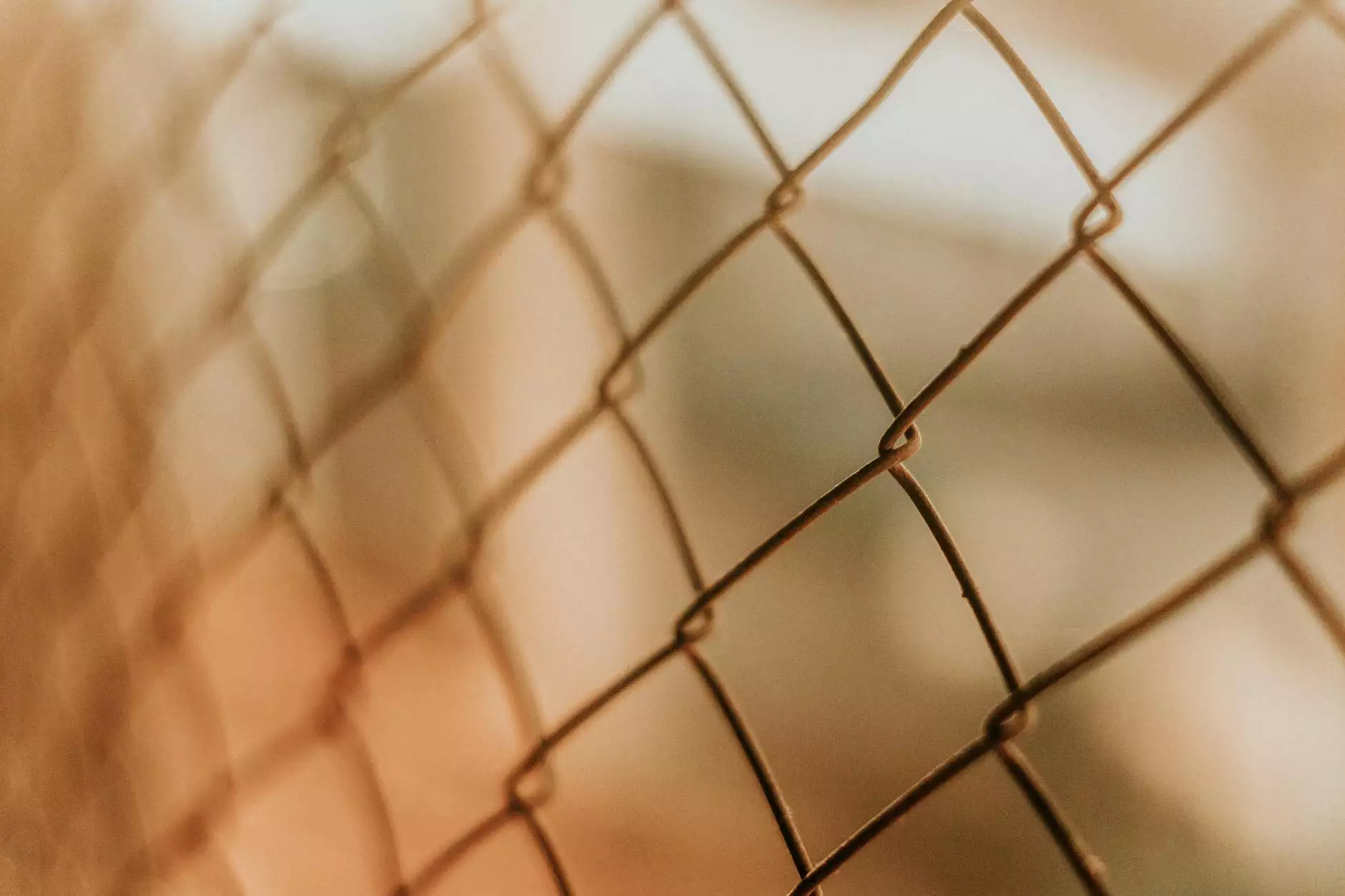How to Deal with Food Aggression in Dogs: Facts & Infographic
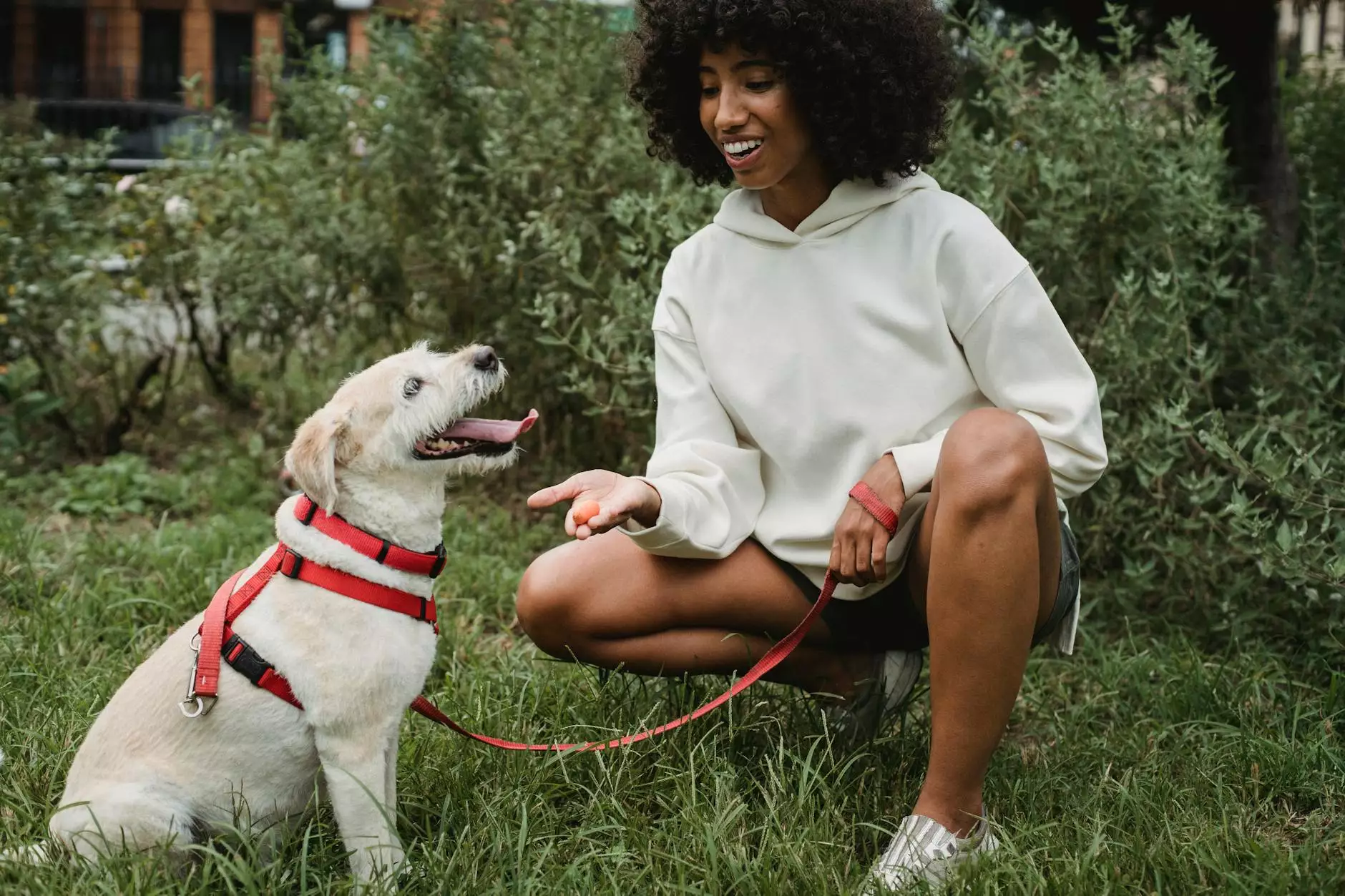
Sudden Food Aggression in Dogs
Sudden food aggression in dogs can be a concerning behavior that may arise due to various reasons. It is essential for dog owners to address this issue promptly to ensure the safety of both their dog and other pets in the household.
Understanding Food Aggression
Food aggression in dogs is a term used to describe the behavior where a dog displays possessiveness or aggression towards food. This behavior can range from growling and snapping to full-on attacks, especially when another dog or person approaches their food bowl.
How to Recognize Food Aggression
Signs of food aggression in dogs may include:
- Guarding the food bowl intensely
- Growling or snarling when approached while eating
- Showing stiff body language around food
- Resource guarding of treats or toys
Dealing with Food Aggression
When addressing food aggression in dogs, it is crucial to:
- Consult a Professional: Seeking advice from a professional dog trainer or behaviorist can help in understanding the underlying causes of food aggression and developing a tailored training plan.
- Implement Positive Reinforcement: Using positive reinforcement techniques such as reward-based training can help modify your dog's behavior around food.
- Establish Feeding Routine: Creating a consistent feeding schedule and feeding your dog in a quiet, calm environment can reduce food-related stress.
- Avoid Punishment: Avoid punishing your dog for displaying food aggression as it can escalate the behavior further. Instead, focus on positive training methods.
How to Punish Food Aggression in Dogs
How to punish food aggression in dogs is a sensitive topic that requires a careful approach. It is important to note that punishment may not be the most effective way to address food aggression and can lead to negative outcomes.
Alternative Approaches
Instead of punishment, consider the following strategies:
- Behavior Modification: Focus on positive reinforcement and behavior modification techniques to address food aggression in a constructive manner.
- Counterconditioning: Gradually desensitize your dog to food-related triggers by pairing them with positive experiences and rewards.
- Professional Help: Enlist the support of a certified dog trainer or behaviorist to develop a personalized training plan for your dog's food aggression.
Sudden Food Aggression in Dogs Towards Other Dogs
Sudden food aggression in dogs towards other dogs can pose a risk to the safety of all pets involved. It is important to manage this behavior effectively to prevent conflicts and promote harmony among pets in the household.
Addressing Inter-Dog Food Aggression
Some tips for handling food aggression between dogs include:
- Feed Separately: Avoid feeding dogs in close proximity to each other to prevent tension over food resources.
- Supervise Meal Times: Monitor interactions between dogs during meal times and intervene if signs of aggression appear.
- Training and Socialization: Engage dogs in regular training and socialization activities to promote positive behavior around food and reduce conflicts.
Infographic: Understanding Food Aggression in Dogs
For a visual guide to understanding food aggression in dogs, check out our informative infographic below:
With proper understanding and management, food aggression in dogs can be addressed effectively, promoting a harmonious environment for both pets and owners.
